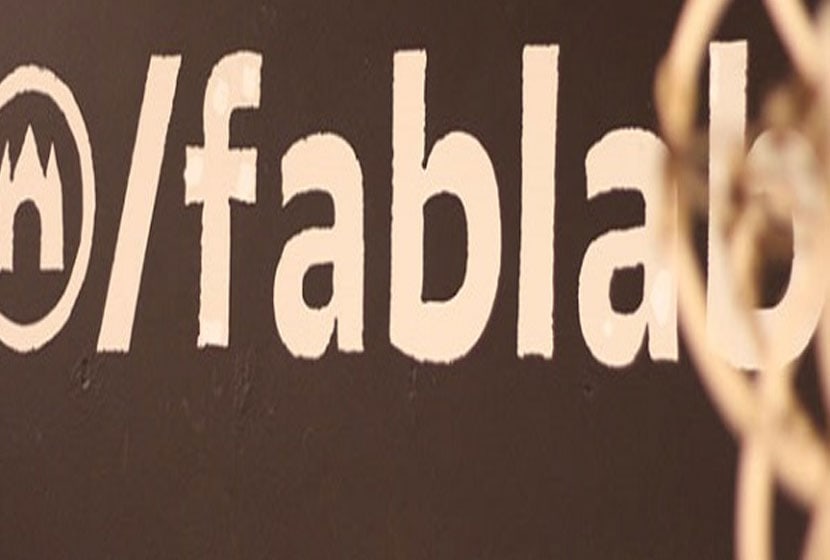Fleur Pellerin, Minister Delegate in charge of Small and Medium-sized Enterprises, Innovation and the Digital Economy, organised, on Tuesday 25 June at Bercy, in collaboration with the association OuiShares first "Bercy Jam", a workshop on the collaborative digital economy.
This event brought together more than 100 business leaders from the sector, representatives of associations, and members of the various departments of the Ministry. The participants welcomed the development of the collaborative digital economy, which is in line with the State's objectives in terms of general interest. To this end, they reflected together on the levers that the State could activate to strengthen and support this sector, through regulatory changes for example.
Fleur Pellerin was delighted to experiment with "a revolutionary new working format that mobilizes both state services and the ecosystem. It shifts the lines and makes it possible to build innovative and participatory public policies. »
After two and a half hours of discussion and reflection, the participants, meeting in six working groups, presented their proposals to the Minister, who hailed the event as "the meeting of the entrepreneurial spirit and collective intelligence, just like the collaborative economy sector itself".
For the Minister, this sector "is in line with the State's general interest missions. It is at the heart of our numerical ambition, which is at the heart of our values. »
On this occasion, Fleur Pellerin announced the launch of a new call for projects to support the development of ten fablabs (digital manufacturing workshops) by the end of 2013. "We want to pollinate the territory with fablabs, so that everyone can take the train of modernity. The future is now, and the digital revolution must be for everyone. »
This action is part of the programme to disseminate digital technology throughout the country, in particular via the Public Digital Spaces (EPN), provided for in the Government's roadmap on digital technology of last February.
The call for projects will make it possible to subsidise a significant proportion of the investment expenditure required to set up or improve fablabs throughout France. It will close on 13 September, and the selection of supported projects will take place in mid-October.
About the collaborative digital economy
The collaborative digital economy consists in bringing individuals together for different types of services: carpooling solutions, housing rental, home dining, barter/exchange, grouped food purchases, pooling of machines in industry, etc.
It can also extend to the sharing of parking spaces (companies in the evenings and at weekends, private individuals during the day), promoting the mobility of disadvantaged people (an unemployed person to find a job), encouraging the re-use of resources. And, indirectly, to preserve the environment, to weave a community network, noted the participants in the ten or so workshops organized.
Often accused of competing with traditional players, particularly in the hotel and restaurant business, the collaborative sector on the Internet has highlighted the advantages in terms of purchasing power for both the lessor and the user, user-friendliness, product quality and local consumption.
This set of new forms of sharing, exchange and rental between individuals is also called "collaborative consumption". In recent years, the number of sites offering this type of service has been growing... so much so that a new-generation economy seems to be emerging between individuals. According to a study by Obosco (2012), 83% of the French think that "today the important thing is to be able to use a product more than to own it".
Thus, it is possible to rent your apartment to tourists during the summer thanks to the site Airbnbor to make your journey more profitable by taking carpoolers on Blablacar. A win-win system that is attracting more and more French people, both tenants and owners.
This growth can also be seen in Drivy Since 2012, the number of rentals has increased sevenfold. The community has more than 115,000 members and has tripled in just one year. In Paris and Lyon there are more Drivy cars than Autolib' - the two services are perfectly complementary.
{Jacuzzi on}












